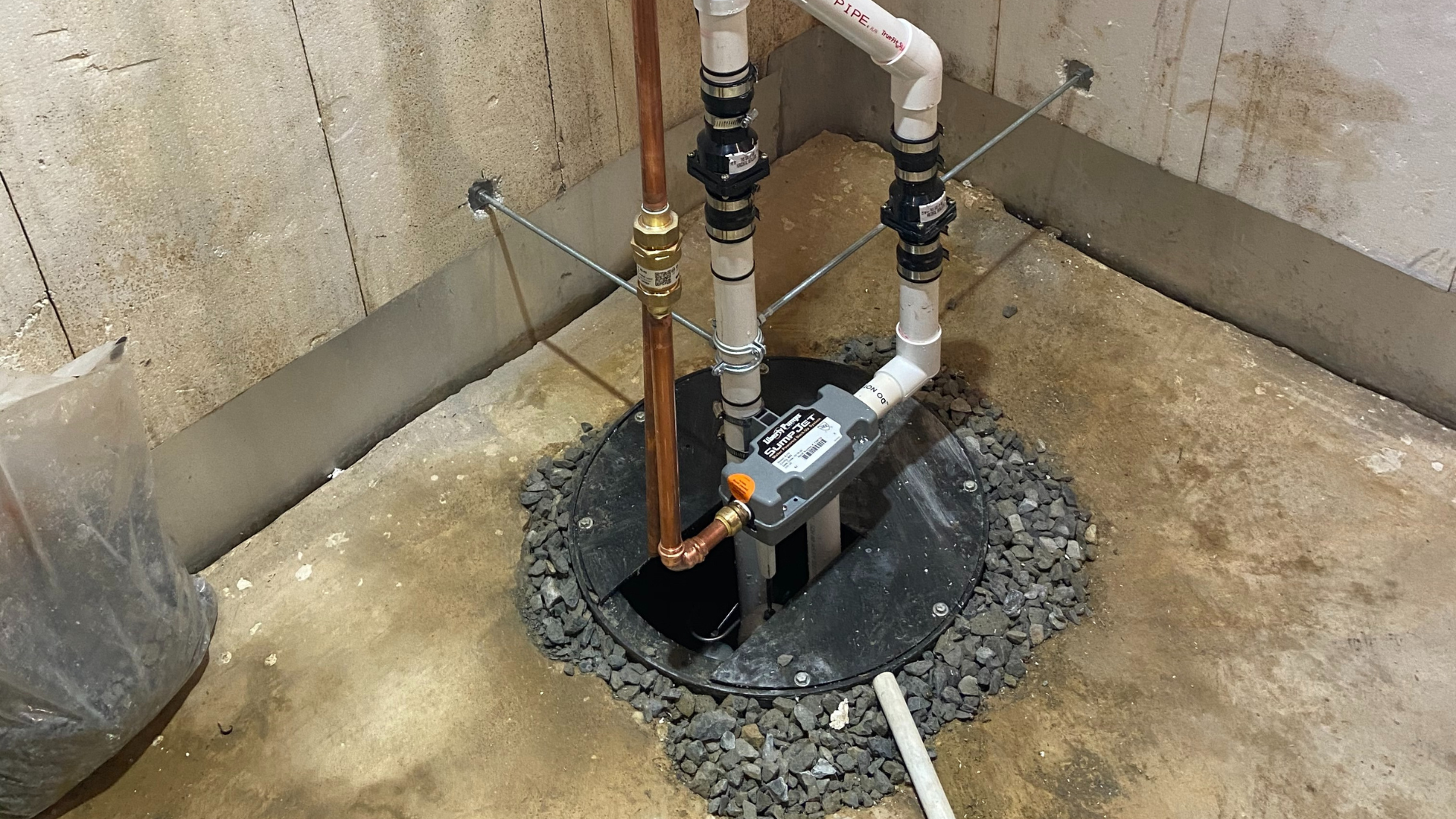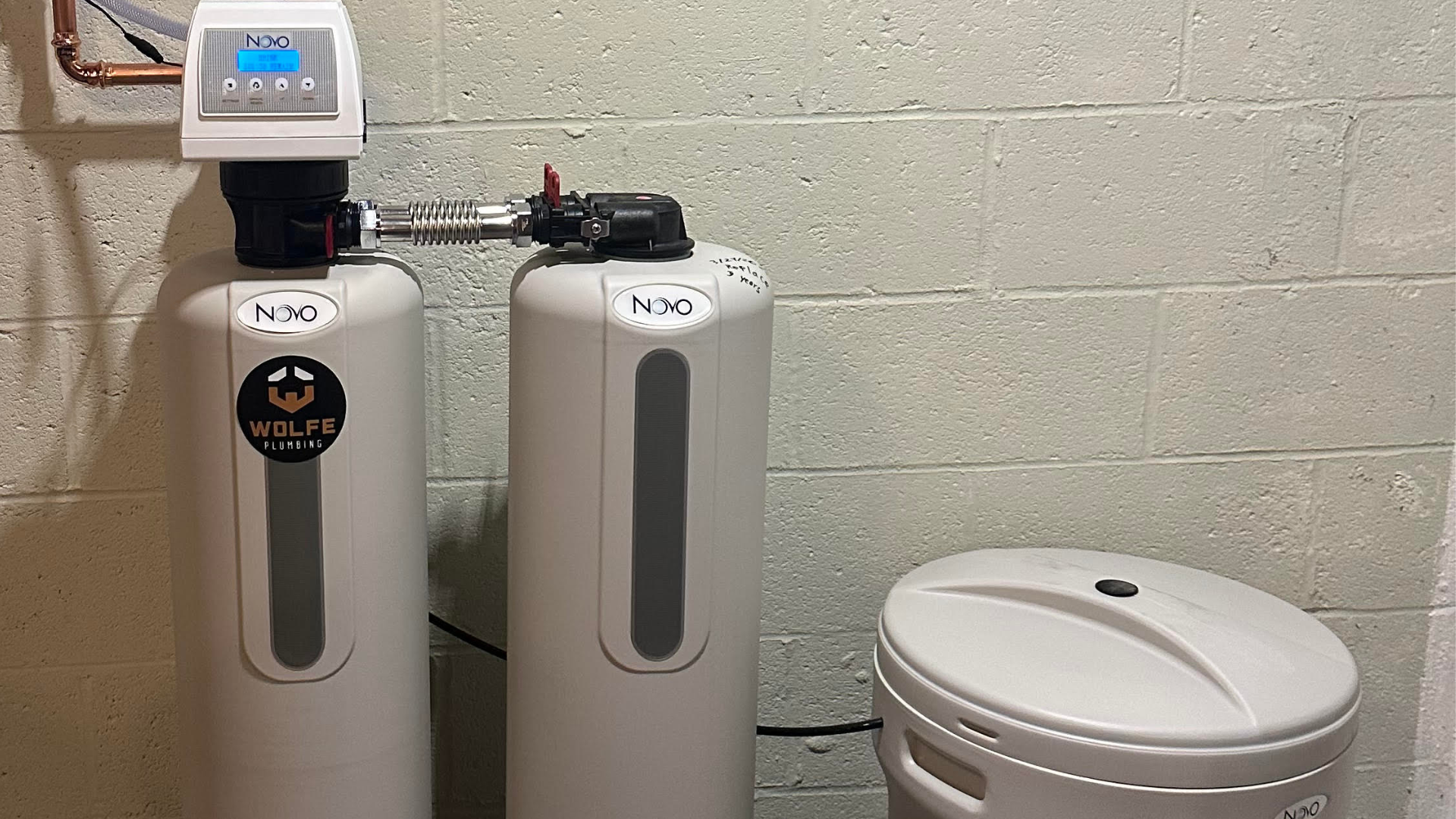Tankless Water Heater vs. Tank Style: Making the Right Choice for Your Home
Let us help you make the right decision!
In the realm of home water heating solutions, the debate between tankless water heaters and traditional tank-style units continues to spark interest and curiosity among homeowners. Each type comes with its own set of advantages and considerations, making the decision a crucial one for households aiming to optimize energy efficiency, space utilization, and long-term cost-effectiveness.
Understanding the Basics
Tank Water Heaters:
Tank-style water heaters have been a staple in homes for decades. They store and heat water within a large tank, typically ranging from 30 to 80 gallons in capacity. As water is used, the tank refills and reheats the water to maintain a set temperature.
Tankless Water Heaters:
Tankless water heaters, on the other hand, heat water on demand, providing a continuous flow of hot water whenever needed. They do not require a storage tank, instead heating water directly as it passes through the unit's heating elements.
Efficiency and Energy Savings
Tank Water Heaters:
While tank water heaters are generally more affordable upfront, they can be less energy-efficient compared to tankless models. This is because they continuously heat and reheat water, leading to standby heat loss and potentially higher energy bills over time.
Tankless Water Heaters:
Tankless water heaters are renowned for their energy efficiency. Because they only heat water when needed, they eliminate standby heat loss, resulting in significant energy savings. While the initial cost may be higher, the long-term savings on energy bills often offset this investment.
Space and Installation
Tank Water Heaters:
Tank-style water heaters require a significant amount of space for installation, typically in a basement, utility closet, or dedicated water heater room. The size of the tank can also limit placement options in smaller homes or tight spaces.
Tankless Water Heaters:
Tankless water heaters are much more compact, making them ideal for homes with limited space. They can be mounted on walls, inside cabinets, or even outdoors, providing flexibility in installation. Additionally, because they do not require a storage tank, the risk of water damage from leaks or ruptures is significantly reduced.
Continuous Hot Water Supply
Tank Water Heaters:
Tank-style water heaters can run out of hot water, especially during times of high demand. Once the tank is depleted, it takes time to reheat the water, resulting in temporary cold showers or waits between usages.
Tankless Water Heaters:
Tankless water heaters offer a continuous supply of hot water, making them ideal for households with multiple occupants or high hot water usage. Because they heat water on demand, there is no risk of running out, ensuring a constant flow of hot water whenever needed.
Conclusion: Finding the Right Fit
When it comes to choosing between a tankless water heater and a tank-style unit, there is no one-size-fits-all answer. It ultimately depends on your household's specific needs, budget, and preferences. While tank water heaters may be more cost-effective upfront, tankless models offer long-term energy savings, space efficiency, and continuous hot water supply.
At Wolfe Plumbing, we understand the importance of making informed decisions when it comes to your home's water heating system. Our team of experts is here to provide personalized guidance, professional installation, and reliable service to help you choose and maintain the perfect water heater for your home.
For more information or to schedule a consultation, contact us today. Let's find the perfect solution to meet your hot water needs while maximizing efficiency and savings for years to come.
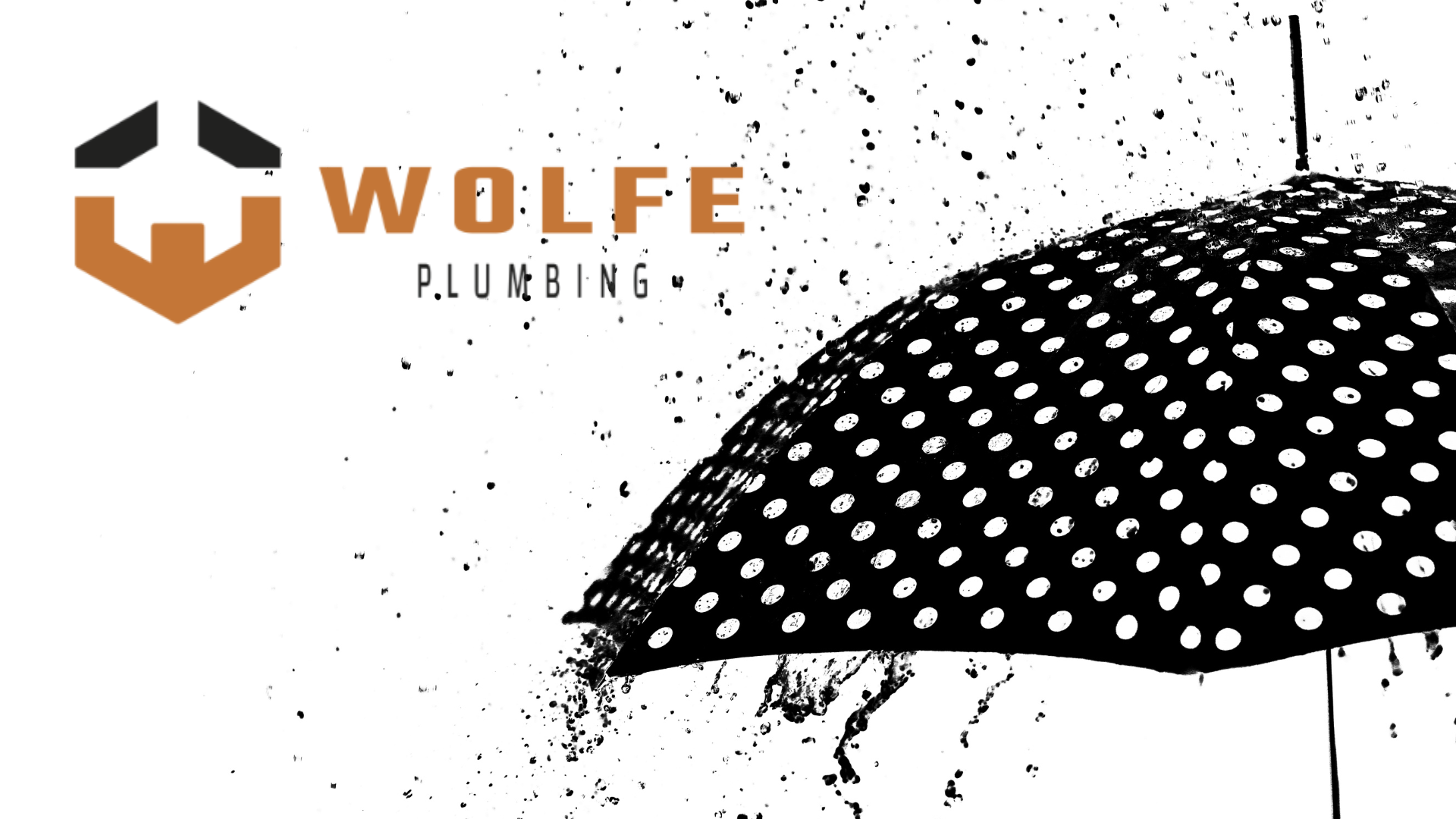
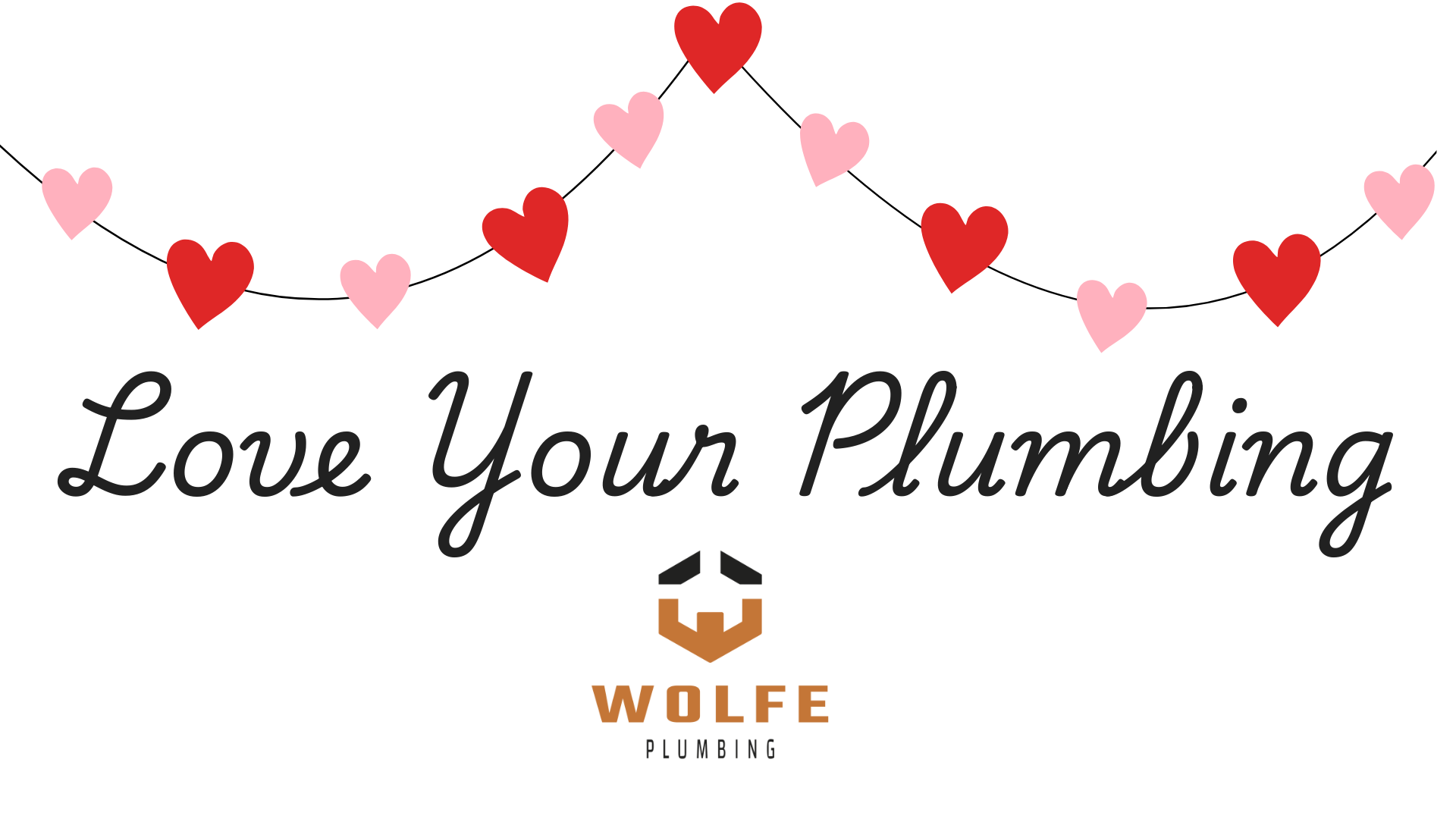
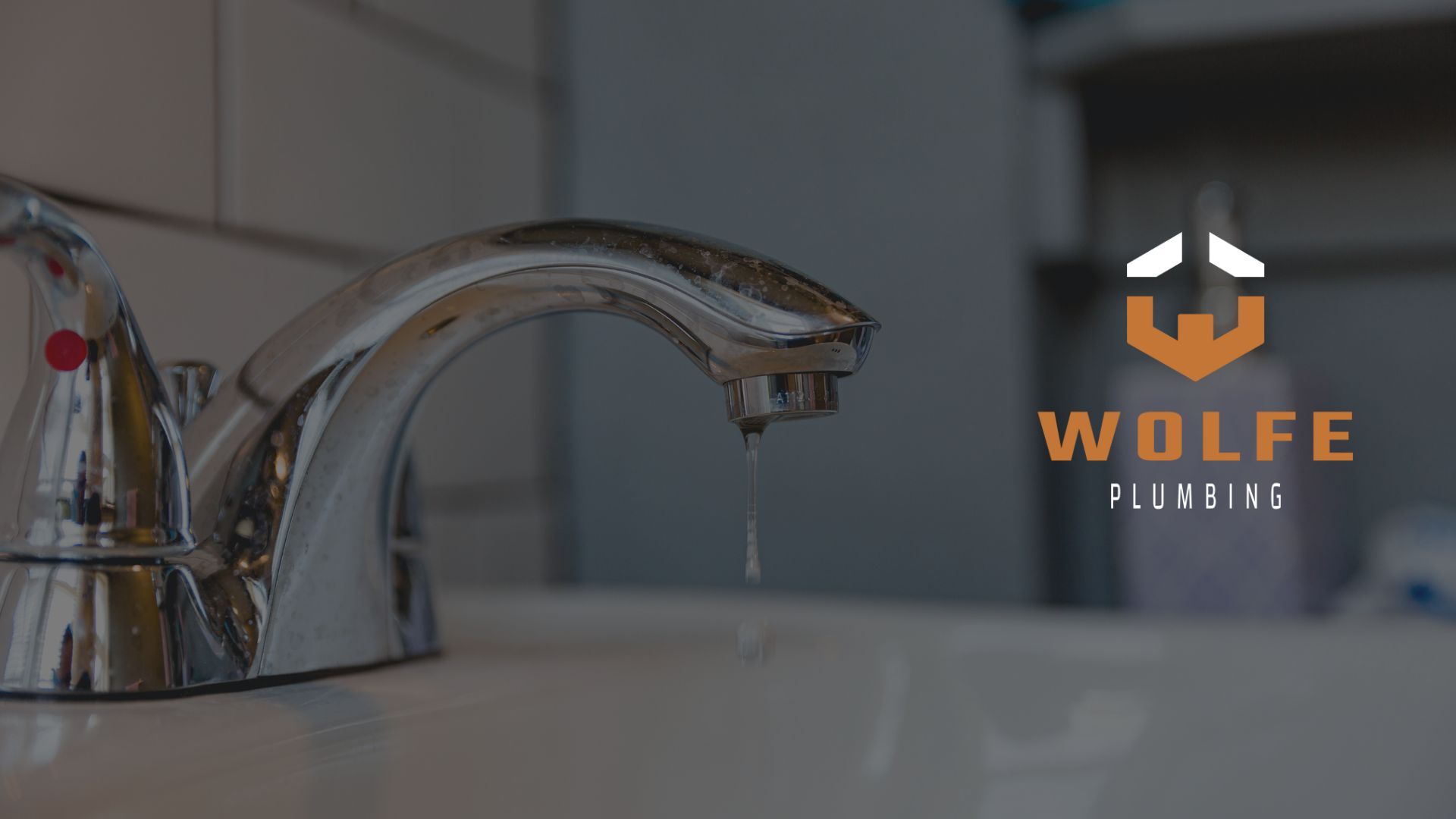
BROWSE OUR WEBSITE
CONTACT INFORMATION
Phone: 302-509-7499
Email: rwolfeplumbing@gmail.com
Address: Hockessin, Delaware





